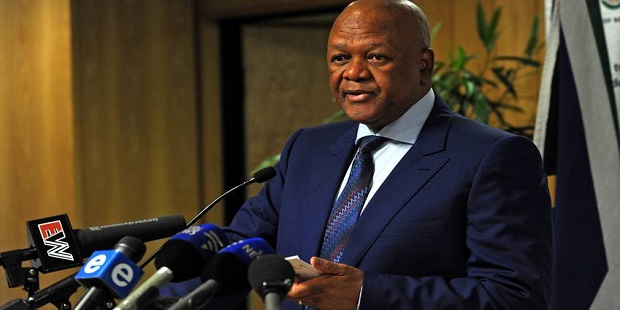South Africa Begins Oil Exploration In South Sudan
South African is expanding its investment on the continent. Its latest deal is with South Sudan. It would be investing over USD 1 billion investment in South Sudan’s struggling oil industry, through its state-owned oil company, Strategic Fuel Fund (SFF).

The Nature of the Deal
- Both Strategic Fuel Fund and South Sudan’s Nile Petroleum Corporation, will explore an area of 31,000 square kilometres (12,000 square miles) known as “Block B2”
- Exploration takes immediate effect from today, and will continue for six years.
- The $1billion investment will go into building a refinery and pipelines as well as oil exploration and training of workers and engineers in South Sudan.
KEY FACTS:
- South Sudan has the third-largest oil reserves in sub-Saharan Africa, according to the ministry.
- It also has an estimated 3.5 billion barrels of oil with only 30 per cent of it being, Petroleum Minister Ezekiel Lol Gatkuoth said at the signing ceremony.
- South Sudan’s oil sector is currently being dominated by Chinese and Malaysian oil companies, while companies from Russia and Nigeria have also signed deals to explore new oil blocks.
- At its peak, oil production in South Sudan was at 350,000 barrels a day, however production has been crippled, with oil fields severely damaged by almost six years of war.
- A September 2018 peace deal has helped revive production, which has gone from around 155,000 barrels per day (bpd) at the end of last year, to current figures of 175,000, said Gatkuoth.
- South Sudan achieved independence from Sudan in 2011, but remained heavily dependent on its northern neighbour’s oil infrastructure — refineries and pipelines — for exports.
Charles Rapulu Udoh

Charles Rapulu Udoh a Lagos-based Lawyer with special focus on Business Law, Intellectual Property Rights, Entertainment and Technology Law. He is also an award-winning writer. Working for notable organisations so far has exposed him to some of industry best practices in business, finance strategies, law, dispute resolution and data analytics both in Nigeria and across the world.





